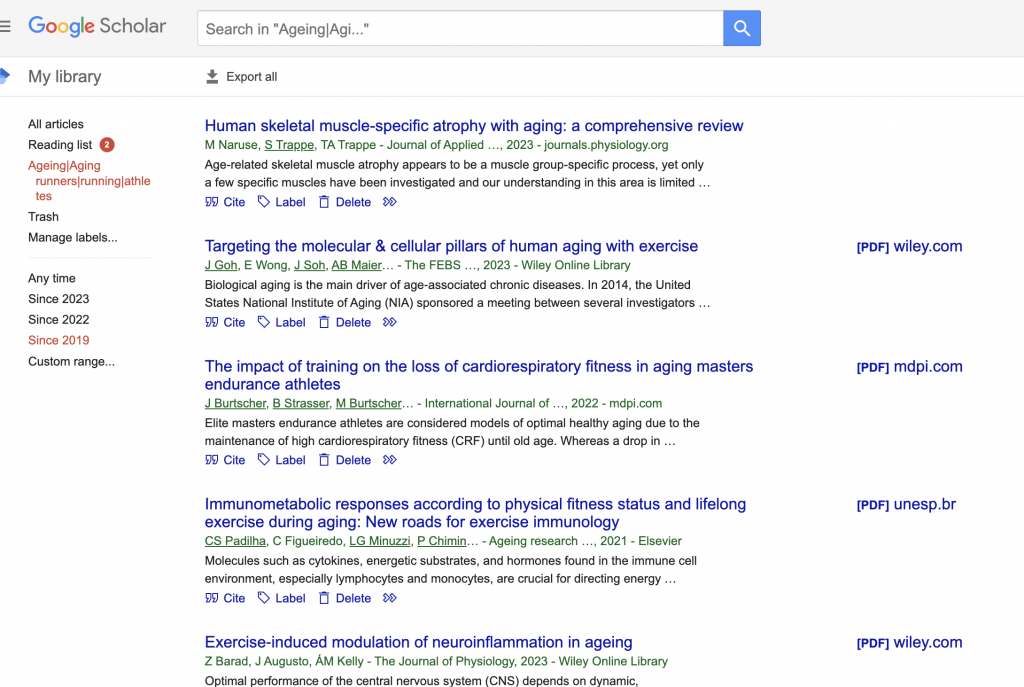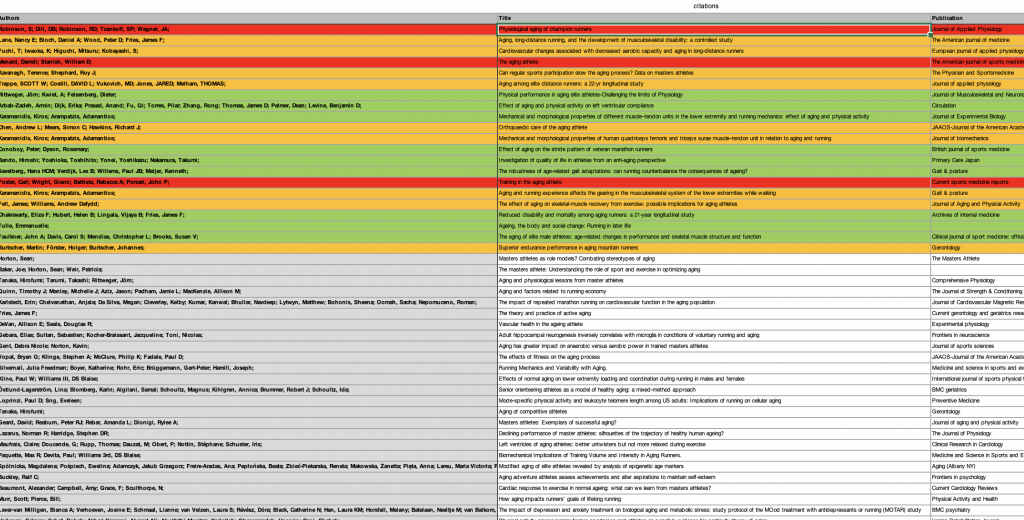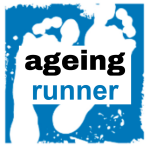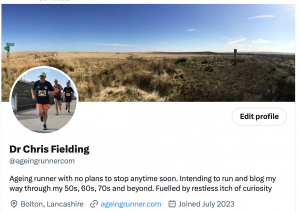Let me introduce you to CARP (Chris’s Ageing Runner Project). I may not stick with that title but it seemed a good idea at the time ( 8:20am on Monday morning sitting at a set of traffic lights). In addition to being a regular blog about running and getting older, I want Ageing Runner to be underpinned by some proper social science methodology.
I started with a problem. I want to run successfully into my 80s but know that most runners don’t do that. I want to improve my chances. As a starting point, I attempted to articulate my best understanding of why some runners are successfully running into later life (you can read that here) but I just don’t have the knowledge and need to develop my understanding.
I want to combine the experienced accounts of ageing runners with the rigour of the academic world and make it work for me. I also need to take a look at how my life as a runner and beyond has shaped my own preconceptions and where I sit in the process.
I need to begin at the beginning. I want to run successfully into my 80s but don’t have the knowledge to optimise my chances. I need to check out the problem. I have made an observation but is it actually the case that runners decline over the years? It seems obvious but I need to know more. What are others saying about runners as they age?
I feel a literature review coming on to systematically assess what has already been published on the subject. To map the landscape in which the study sits and provide a solid base from which to add to the body of knowledge accumulated so far.
I have an issue, however. I am no longer affiliated to a university and no longer have the unfettered access to the gamut of academic literature that those with a university library card take for granted. I am going to need to rely on literature that is freely available to all. That may be a blessing though. If I am going to point runners towards literature, they should be able to read and review it. Therefore studies hidden behind paywalls and inaccessible to the runners they are writing about won’t be included in CARP.
I began by taking the advice of the Professor Inger Mewburn, Director of Researcher Development at the Australian National University (a.k.a. The Thesis Whisperer). I expressed my problem as a question.
Is there any existing research about the experiences of ageing runners that can inform my quest to run successfully into my 80s?
She advises writing it on a post it note and sticking it to the side of your screen. It is easy to get distracted. I then turned to Google Scholar, brushed up on my BOOLEAN (AND, OR and NOT) and ended up with the search term:
Ageing|Aging Runner|Running
which basically means search for literature including the terms: Ageing or Aging and Runner or Running. I set it going.
Google Scholar listed page after page of literature results (from any time period) beginning with those that it considered to be most relevant.
 I cycled through the first 100 and saved those that I felt were pertinent to answering my initial question. I then changed the time period and searched only for literature published during the current year (2023). I again cycled through the first 100 results and saved those which I felt would be useful. I repeated this process searching only for literature published from 2022 and then 2019 onwards, again cycling through the first 100 results from each search. By then, I felt secure that I was exhausting the search as either I was getting repeat results or there were no more relevant results from each search.
I cycled through the first 100 and saved those that I felt were pertinent to answering my initial question. I then changed the time period and searched only for literature published during the current year (2023). I again cycled through the first 100 results and saved those which I felt would be useful. I repeated this process searching only for literature published from 2022 and then 2019 onwards, again cycling through the first 100 results from each search. By then, I felt secure that I was exhausting the search as either I was getting repeat results or there were no more relevant results from each search.
In order that I could then work with the body of literature created, I exported the list to an excel spreadsheet. In total, I had 110 results to work with. I then reordered them so that I could work chronologically and see how knowledge in the field had developed over time.
I took each result in turn and for the first time attempted to access the whole piece of literature. I was soon finding myself blocked by paywalls and denied access. I installed Endnote Click and Unpaywall to my browser. Both take a piece of literature and search for a free to access version. This helped in some cases but not in others. I also used ResearchGate ( a kind of social network for researchers) where the author may give you access to their work if you ask nicely. A couple have just done that as I write. Nice people.
I colour coded the entries as Green for full access, Amber for requested access and Red for no access. I am currently working my way through the list.
 I am part way through the process. I will then take each paper in turn and let the free connected papers tool do the work of looking at where each sits in the landscape of literature. This will help me find the things that I have missed. I’ll add them to the spreadsheet and note journal sources that may be useful and sign up for alerts to new papers as they are published.
I am part way through the process. I will then take each paper in turn and let the free connected papers tool do the work of looking at where each sits in the landscape of literature. This will help me find the things that I have missed. I’ll add them to the spreadsheet and note journal sources that may be useful and sign up for alerts to new papers as they are published.
This is just a starting point. A way of situating the problem in a field of study. The next step will be to categorise the entries along common themes such as #wellbeing or #injury and take it from there.
The process is definitely not perfect but I needed to add structure and stop the itch of curiosity overtaking my life and taking me down a multiplicity of rabbit holes into other dimensions. I will let you know how I go on.
I have a few things planned for the coming months. A podcast, newsletter, an interview schedule and a group where we can share our challenges and success.
No rush though. For now…I am happy to have started.
We run, we chat and we smile!
Chris
References


